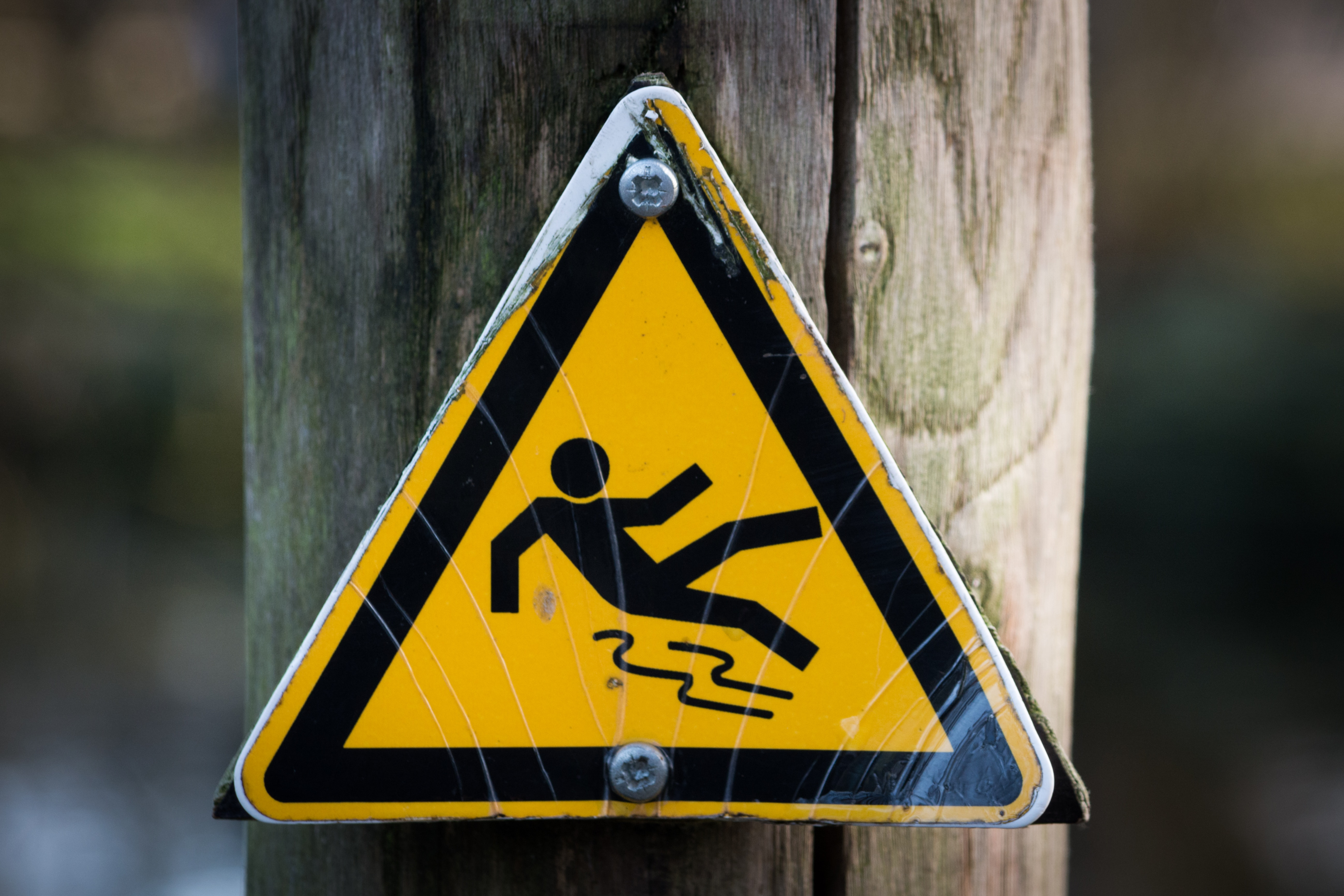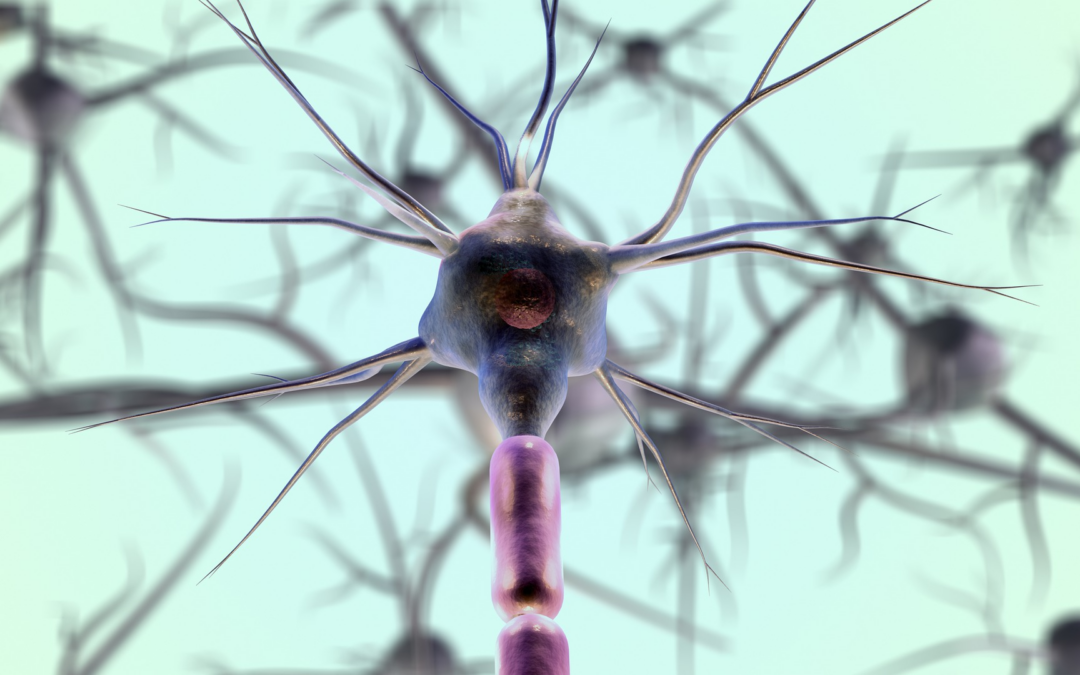Why is my nervous system important?
Our bodies are made up of many systems that are absolutely essential to our survival and health! Some of these systems are better known than others, including the circulatory, respiratory, digestive, urinary, reproductive, muscular and skeletal systems. Others tend to be a lot more obscure, like the endocrine, lymphatic, integumentary and nervous systems.
The latter systems might be quickly and confidently identified as essential by the general population, but when asked about why they are so crucial most answers become hesitant or lack assurance.
In particular, the nervous system is a great example of this.
What is the nervous system and what does it do?
The nervous system is a complex network of cells called neurons whose role is to facilitate communication between our brain and the rest of our bodies. The way these specialized cells communicate is through electrical signals. The nervous system has two components: the central nervous system and the peripheral nervous system. The central nervous system includes the brain and spinal cord, and it’s in charge of integrating information and deciding upon a course of action.
On the other hand, the peripheral nervous system consists of the nerves that branch out of the central nervous system’s spinal cord and run to all of the different body systems and organs. The peripheral nervous system further divides into the somatic nervous system, which controls voluntary muscle movement, and the autonomic nervous system, which controls involuntary body functions such as breathing, heart rate, and digestion.
As we can start to appreciate, the nervous system is incredibly complex! Put simply, by having all of its subsystems working together its job is to do the following:
- To identify changes happening inside and outside our bodies through the use of sensory receptors.
- To send messages of change to the central nervous system (brain and spinal cord) and all the other organ systems, so that an adequate response can be taken.
- To maintain balance or homeostasis in our bodies.
In a nutshell, the nervous system’s goal is to identify and respond to changes so that our body may remain alive and well. Here are some ways that our nervous system does just that:
- During winter, sensory neurons detect a temperature change (cold) when we step outside so that we know to take shelter or change into warmer clothing.
- The autonomic nervous system regulates our heart rate and rhythm.
- The ANS keeps us breathing when we’re asleep or unconscious.
- It has stretch receptors that let us know when our bladder is full.
- The peripheral nervous system directs muscles to contract and relax so that we are able to move our entire body and accomplish tasks or simply rest in bed.
- It signals for the start of the digestion process as soon as food enters our mouths.
- The autonomic nervous system regulates hormone secretion and permits the reproductive system, among others, to maintain basic body functions.
- It enables us to feel pain and other symptoms so we may be aware of damage or injury in our bodies.
What can damage or prevent my nervous system form working properly?
Blood flow disruption.
The most important task of blood circulation is to deliver nutrients and remove waste from different tissues and organs, and the nervous system is certainly no exception! Atherosclerosis or hardening of arteries, heart valve problems, high blood pressure, peripheral artery disease, and many others can make it so that there is decreased blood flow reaching nerves.
Medical conditions.
Many medical conditions can also negatively affect the functioning of our nervous system. Some examples include diabetes, multiple sclerosis, meningitis, epilepsy, stroke, Alzheimer’s, Parkinson’s, and Guillain-Barre syndrome. When medical conditions damage the nerve cells or nerve tissue, one can develop peripheral neuropathy.
Medications.
As we all know, medications have side effects. Many of these side effects are mild and cause symptoms like as drowsiness or dry mouth, but others be a lot more serious. Chemotherapy, for example, can cause a sensation of numbness, tingling, extreme cold or burning in the extremities, and other symptoms.
Injury or trauma.
Macrotraumas.
Any big and direct physical injury to the brain, spinal cord or nerves will affect your nervous system. Damage to these regions, depending on the severity and location, can have a huge and negative impact in one’s ability to function and quality of life. Common causes of macrotraumas to the brain, spinal cord and nerves are motor vehicle accidents, stroke, sport injuries, or significant accidents.
Microtraumas.
While many people go through their lives without big injuries to their brain, spinal cord or nerves, it’s the little things (microtraumas) that are much more common and can still have a huge impact. All throughout our lives, especially as toddlers and children, we’ve experienced countless bumps and bruises. As adults, many jobs require us to either sit all day or to always be on the move, and not to mention we’re constantly bombarded with stress. All of this gradually encourages repeated, small shifts in our body’s skeletal alignment until these shifts eventually start compressing on the nerves that go to all of our organs and tissues. This means microtraumas have a clever, slow, under-the-radar route to limit the optimal performance of our muscles, heart, lungs, digestion, bladder, reproductive organs, and more.

What can I do to keep my nervous system healthy?
Exercise.
To help combat the development of medical conditions and the need for medications that affect nervous system functioning, exercise is key. The American Heart Association recommends that adults partake in “…at least 150 minutes per week of moderate intensity aerobic activity or 75 minutes per week of vigorous aerobic activity”.
Diet.
Eating a balanced diet of protein, fruits, vegetables, and nuts is essential as well. Supplements can help you bridge the gap between your diet and help. Some of the supplements that promote nerve health include alpha-lipoic acid, vitamin B1, vitamin B6, vitamin B12 and magnesium.
Be safe.
Driving unsafely, not wearing helmets, and diving head-first into pools are some of the many, many ways that people can severely injure their brains, spinal cord, or nerves. It’s important to be proactive and to pay attention and be mindful of our actions to avoid injuries that can alter our lives, as well as our loved one’s lives.
Consider chiropractic care.
As mentioned, much more common is for microtraumas to progressively limit our body’s ability to function at its full capacity. To restore nerve communication and maintain our health, consider chiropractic care for you and your loved ones.

The takeaway:
- The nervous system is a vital component of our health and wellbeing.
- It identifies and responds to changes in our body, relays pertinent information to our other systems, and plays a huge role in maintaining homeostasis and keeping us alive.
- Blood flow disruption, injuries, medications, and medical conditions can affect our nervous system’s functioning.
- Exercise, diet, personal safety and chiropractic care are different ways we can take care of this incredibly important system.


Recent Comments